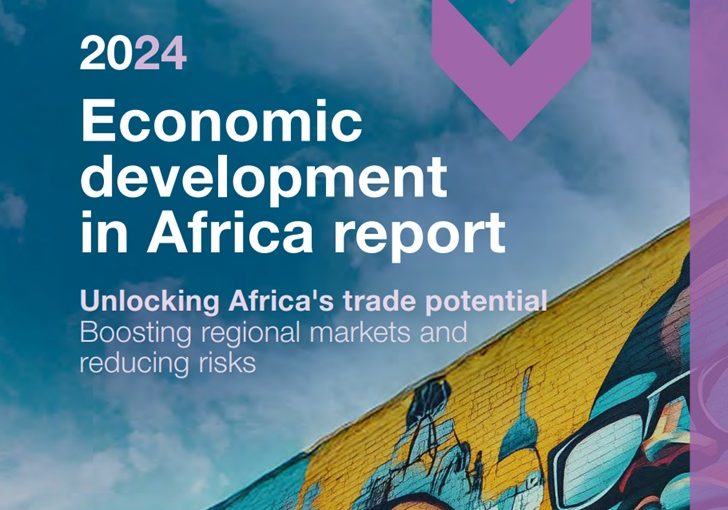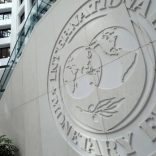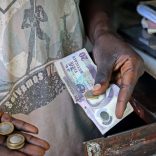AGOA: Trump administration says it supports 1-year renewal of Africa trade initiative
Mozambique is among the 5 countries in Africa most at risk from economic shocks – UNCTAD

Image: UNCTAD
The United Nations said on Monday that Angola and Mozambique are among the five African countries most exposed to economic shocks from variations in world trade, given the high level of public debt.
“The countries most exposed to economic shocks through their global trade and debt levels are Mozambique, Zambia, Angola, South Sudan and the Republic of Congo,” said the 2024 Report on Economic Development in Africa, drawn up by the United Nations Trade and Development Agency (UNCTAD).
In the document – presented yesterday morning in Abidjan by UNCTAD Secretary-General Rebeca Grynspan and by the Ivory Coast’s Minister of Commerce, Industry and SME Promotion Souleymane Diarrassouba – it is pointed out that “higher inflation, as the world experienced in 2022, inevitably increases the spectre of higher interest rates, which can create a shock in countries with a high debt burden, increasing the cost of servicing the debt”.
In the section of the report dealing with the impact of exchange rate and global interest rate shocks on the economies of African countries, UNCTAD writes that “large amounts of external indebtedness can place an unsustainable burden on countries if their economic growth does not allow for tax revenue large enough to service the debt, or if their exports and exchange rate movements change negatively, making debt servicing more difficult”.
In 2023, almost half of African countries had a debt-to-GDP ratio of more than 60%, which could lead to financial defaults due to a lack of budgetary margin to invest in developing economies.
“Due to disruptions in the global supply chain, higher inflation and global borrowing costs, many countries in Africa are facing the possibility of defaults, with high debt-to-GDP ratios,” reads the report, which concludes: “Countries with a higher concentration of exports and deeper government debt will be particularly exposed to the economic shocks that characterise this so-called polycrisis.”
At the press conference, UNCTAD’s secretary-general tried to show a positive image, arguing that the message is one of hope despite the current risks and challenges facing the African continent.
“We look at Africa from the perspective of its enormous potential because we believe in Africa’s future; the challenges are real, but we put our emphasis on the opportunities, as long as the right policies and partnerships are in place,” said Rebeca Grynspan, recognising that the increase in the cost of debt “does not mean that the debt has gone up, but rather that the cost of servicing the debt has increased, affecting the perception of countries” financial sustainability”.
To read, download UNCTAD’s Economic Development in Africa Report 2024 ‘Unlocking Africa’s trade potential: Boosting regional markets and reducing risks”, please click HERE.
$3.4 trillion in trade growth could be unlocked through the Africa Continental Free Trade Area, strengthening regional markets and driving transformative, sustainable economic growth.
👉🏼 https://t.co/2EnTOHSWUs pic.twitter.com/WLAFlmvdyB
— Rebeca Grynspan (@RGrynspan) February 11, 2025











Leave a Reply
Be the First to Comment!
You must be logged in to post a comment.
You must be logged in to post a comment.